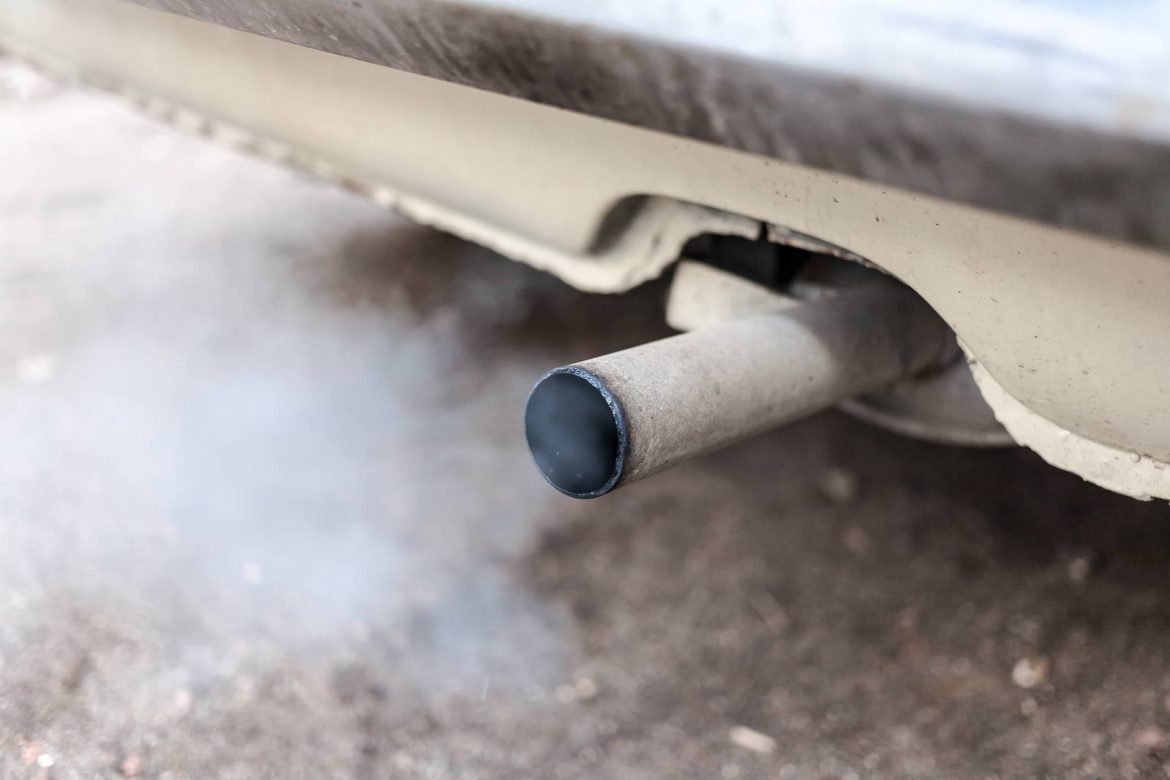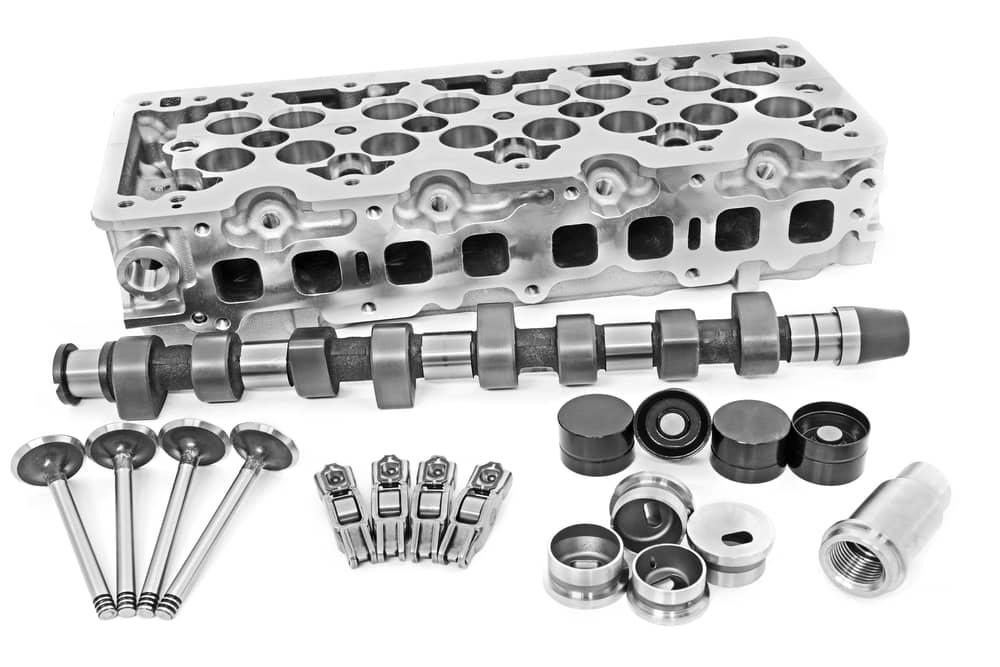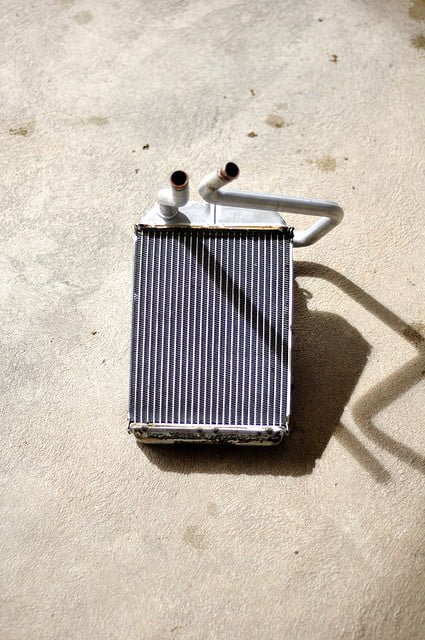Hoo boy, you just got the news you were hoping you wouldn’t hear: you broke your car engine and need to fix it. Knowing the engine is what makes the car go, you can only imagine what it will cost to have it fixed. Visions of next week’s paycheck fluttering out the window into the hands of your selected car care professional, along with the one after that and the one after that, dance in your head.
This is nobody’s idea of fun.
Well, maybe the mechanic’s.
Before you start sobbing, let’s take stock of what you’ve been told. Engine repair can mean a lot of things and the cost of repairing them can span a very wide gap.
The engine is actually a mass of components comprising the engine block and the cylinder head(s). The steel or aluminum block weighs hundreds of pounds and includes the pistons, crankshaft, connecting rods, and other elements that move as a result of internal combustion and propel your vehicle and its occupants forward. The cylinder head includes the spark plugs, intake and exhaust valves, valve springs and valve lifters (or tappets). The cylinder head is where internal combustion takes place, complete with the exhaust of its byproducts.
Consequently, when a mechanic says you need a new engine, your first question should be: “What exactly is the problem?”
If one of the engine’s constituent parts is the issue – say the fuel injectors or ignition coil – you’re talking hundreds of dollars, maybe a thousand. That’s no bargain, but it’s a fraction of what it could be. But if the answer includes the words cylinder head or engine block, whip out the hankie.
That bad news is, “engine repair” generally means the engine block or cylinder heads are cracked or otherwise compromised. Symptoms include an unexplained loss of power, pieces of metal in the engine oil, repeated overheating despite a functional cooling system, persistent knocking that can’t be prevented and visible cracks or holes in the engine.
It is technically possible to weld or cold-stitch an engine block or cylinder head in a machine shop. A highly skilled mechanic may be able to repair the engine for hundreds of dollars and return it to service for thousands more miles. However, only the failed part is repaired and the engine may be weaker and more inclined to fail again. Repairing an engine is a stopgap and should be considered only when the car’s expected life is short – say no more than two years.
How much does it cost to rebuild an engine?
If engine repair is not an attractive option, the next decision is whether to rebuild or replace the engine. An engine rebuild, also called an engine overhaul, involves taking out the entire engine – block and cylinder heads and all their components – and reconditioning everything so that it is like new. During this process, all elements are reset to manufacturer’s tolerances.
A rebuilt engine is a viable intermediate option between repairing and replacing the engine. A rebuilt engine comes with a multi-year warranty and should work as well as a new engine, just not for as long. But if your car already has mileage on it, that might work out perfectly well.
Your car care professional may refer to the engine rebuild cost, or the engine overhaul cost, which generally runs in the $2,000 – $4,500 range, depending on the car, the engine, and other factors. While this is a significant cost, the car obviously can’t run without an engine, and it represents a savings compared to replacing the engine.
It’s worth mentioning that a rebuilt engine need not be the one removed from the car. It is possible to buy a rebuilt engine online and have it installed by a mechanic. After-market rebuilt engines come with all the same advantages and caveats, and cost the same to buy and install. It’s important to make sure the engine purchased is the correct one for the vehicle you own.
Engine replacement cost
If the car and all its components are new and you plan to keep the vehicle until the bitter end, you might just want a brand new engine installed. Engine replacement cost, with parts and labor, will run $4,000 – $8,000, depending again upon the make and model of your vehicle and the engine installed. Upgrading to a higher performance engine will boost the cost of both parts and labor, particularly if modifications must be made under the hood to accommodate the new engine.
Does car insurance cover engine repairs?
But wait, if my car insurance is going to cover all this, what do I care how much it costs? Pay my $500 deductible and I’m all set! It must be covered, right? After all, I have comprehensive coverage and the car can’t run without the engine.
Sorry Charlie, but it’s unlikely your insurance covers engine repair or replacement, even if you have comprehensive coverage. That is considered ordinary maintenance unless the engine was damaged in an accident, vandalized, or damaged while stolen.
Some insurers offer “mechanical breakdown insurance,” that covers mechanical failure but not many of these policies are purchased. You probably don’t have this coverage.
“Gap insurance” is another optional coverage that can be added to an auto policy. It pays the difference between the book value of a totaled car and the amount owed on the car loan. But it does not cover engine repairs, rebuilds or replacements.
A better option is the automobile warranty. If your car was purchased new, it generally comes with a three-year/36,000-mile warranty. Some manufacturers offer longer warranties, including Hyundai and Kia, whose warranties stretch to 10 years or 100,000 miles.
There are two kinds of warranties generally offered: the comprehensive, or bumper-to-bumper warranty that covers basically everything in the car, and the powertrain warranty, which covers the mechanical parts that move the car, including the engine and everything around it. Either of these will cover all or most of the costs associated with engine failure, regardless of the cause.
It is possible to purchase an extension on these warranties when you buy the car. For a fee, you can extend a three-year/36,000-mile warranty to five years/60,000 miles. (For most drivers, the mileage is more important than the years because Americans drive, on average, considerably more than 12,000 miles annually. But as they say, your mileage may vary.)
Used cars are a different story. Most used cars bought from dealers offer a one-year/12,000-mile warranty with the option to extend it for a price. But if you purchased your car from your brother-in-law, or an individual on the other side of town, you are completely unprotected.
Replace engine or buy a new car?
Now you’re faced with this dilemma: your engine is blown and your bank account isn’t big enough to fund a repair, a rebuild, or a replacement. Or perhaps the cost of these options outpaces the value of the car. But you need wheels to get around, transport your family, and haul your stuff.
If the cost of fixing or replacing the engine can’t be justified over the expected life of the vehicle, it’s time to sell the car and buy a new one. A replacement car can cost multiples of a new engine, but it comes with a warranty, can be expected to last five or 10 years at a minimum (depending on whether the car is new or used), and can be purchased with the help of a loan.
How about a replacement engine, isn’t that like having a new car? Yes and no. Because engines are so critical to the cars they power, the value of a new engine is immense. Inserting a replacement engine equips the vehicle with dozens of brand new components, particularly those in the internal combustion business that undergo the most punishing wear and tear.
At the same time, the other parts of the car are not new. The cooling system, exhaust system, air conditioning, chassis, wheels, tires, cabin, and so on remain the age they were before the new engine. It’s a bit like an adult receiving a heart and lung transplant from a teenager: those important parts are young, but the rest of the body remains its original age.
Deciding whether to spend the money to repair, overhaul, or replace your car engine or buy a new car is a big decision with many thousands of dollars on the line. But one thing is for sure: If you need a car, you’d better pick one, because there is no car that goes without an engine.
BlueDevil Products can be found on Amazon.com or at AutoZone, Advance Auto Parts, O’Reilly Auto Parts, NAPA, and other major auto parts retailers.
Related Articles



